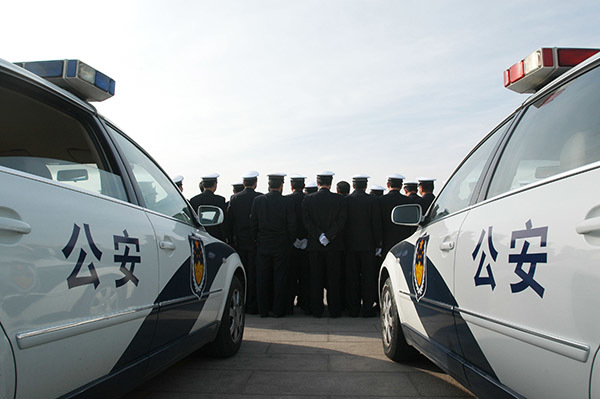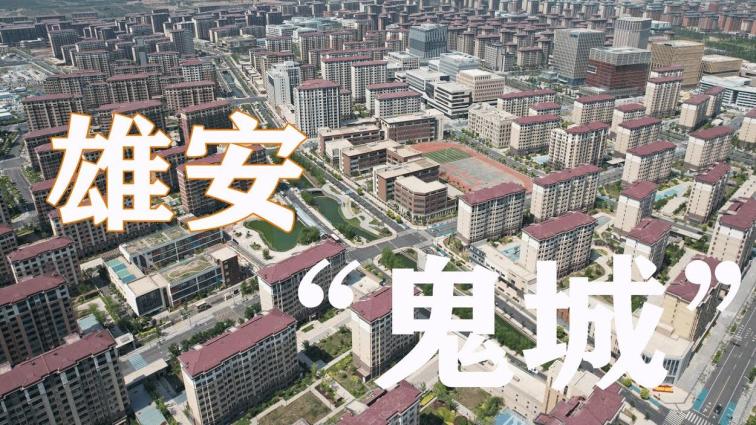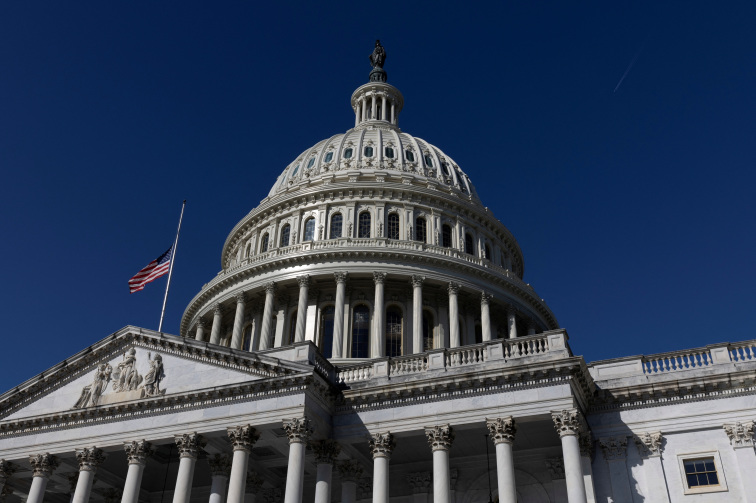Netizens traced a lead and zinc transportation station—Baiyin Nonferrous Group Changba Lead-Zinc Mine Tianshui Transfer Station—located only 2.5 km from the kindergarten involved. (Online image)
[People News] The lead poisoning incident involving children at the Heshitou Peixin Kindergarten in Maiji District, Tianshui City, Gansu Province, has escalated into an international issue. On July 9, UNICEF issued a statement expressing concern for the physical and mental health of the affected children and their families, sparking global debate. Renmin Bao reported on July 22 that parents protesting for justice were beaten and detained by police on July 20 after blocking roads to demand accountability. Two parents were arrested for opposing the government’s manipulation of test data. As the case continues to unfold, what secrets lie beneath the surface?
1. Incident Review
Starting in March 2025, several children attending the Peixin Kindergarten in Maiji District were found to have elevated blood lead levels during routine checkups and were diagnosed with lead poisoning.
In early June, follow-up exams showed children whose blood lead levels had supposedly returned to normal still had abnormally high readings. This alarmed parents, who began warning others within parent circles.
By late June, more parents had their children tested. The results showed that children enrolled in this particular kindergarten had high lead levels, while their siblings not enrolled there showed no abnormalities — raising strong suspicions about the kindergarten.
On July 1, several parents brought medical test reports to confront the school and contacted relevant authorities. Regulatory and law enforcement agencies began investigating.
By July 3, more parents were taking their children to hospitals in Xi’an and Shanghai. Doctors noted the presence of “lead lines” on the children’s gums — an indicator that the poisoning likely spanned more than three months. Several kindergarten teachers were also found to have dangerously high blood lead levels.
As of noon on July 20, 247 children were reported with abnormal blood lead levels.
2. Investigation
District and City-Level Investigations
On July 3, the Maiji District Health Commission reported that the kindergarten had been caught using illegal food additives.
On July 8, the city of Tianshui stated that the blood lead poisoning was caused by the illegal use of decorative pigments in the kitchen to make food.
Public Doubts
After the official announcement on July 8, netizens expressed scepticism. Food colouring is cheaper — so why would the kitchen use more expensive, foul-smelling decorative pigments instead?
Also, the same person, Li Moufang, runs three kindergartens. Why did only this one experience the lead poisoning incident?
Given that a major lead poisoning event occurred in the region in 2006, many parents and netizens suspect environmental pollution — such as contaminated water — as the real cause.
Provincial-Level Intervention
On July 12, Gansu Province formed a special investigation team. The State Council's Food Safety Commission also dispatched a working group to oversee the case.
On July 20, the provincial investigation team concluded that the incident was a case of deliberate poisoning. They claimed no lead levels exceeded the legal limit.
Aftermath
As a result of the incident, 17 individuals have been placed under investigation, and 10 were officially held accountable. The local government promised to set up a fund for the affected children’s future treatment, though no specific amount has been disclosed.
3. Suspicious Points and the Possible Truth
From May 13 to 16, 2025, the National People's Congress (NPC) Standing Committee conducted a comprehensive inspection of the implementation of China’s Food Safety Law in Gansu Province. The inspections covered schools, cafeterias, and food production facilities in cities like Lanzhou and Tianshui.
On May 17, People’s Daily published an article fully endorsing Gansu’s food safety practices. If Gansu was officially praised, how could such a severe incident happen? The poisoning period overlaps with the national food safety inspection — why was nothing discovered then?
On July 20, officials declared it was “intentional poisoning.” But on July 21, parents were still protesting. Why? Were the arrests an indication that authorities remain guilty and fearful?
A Possible Truth: Political Power Plays Behind the Scenes. The Fourth Plenary Session of the Central Committee is approaching, and officials are scrambling for promotion. The priority has become “appease the higher-ups, suppress the people.” The public’s well-being is not on their agenda.
Gansu Party Secretary Hu Changsheng, who also serves as Chair of the Provincial People’s Congress, has close ties with Politburo Standing Committee member and NPC Chairman Zhao Leji. Hu is widely regarded as a rising political star. However, the final conclusion of the Tianshui case was issued by the State Council’s Food Safety Commission, overseen by Ding Xuexiang. That two Politburo Standing Committee members were involved in containing the crisis suggests Hu Changsheng has powerful backing.
The food safety inspection led by Zhao Leji may have been designed to pave Hu Changsheng’s path to the central leadership. Ironically, it was perhaps thanks to political rivalry that the lead poisoning incident in Tianshui was exposed. Otherwise, under CCP rule, the public might never have known.
In 2024, despite China’s nationwide economic slump, Gansu Province posted impressive numbers — a total GDP of 1.3003 trillion yuan (~$182.6 billion), with a year-over-year growth of 5.8%, placing it among the top three fastest-growing regions. The growth is largely driven by its abundance of rare metals like tungsten, niobium, tantalum, cobalt, and lithium, which are critical in advanced materials, military, and aerospace industries.
With global conflicts on the rise, the CCP has become a major global arms dealer. In 2024, China’s arms exports reached $3.216 billion, ranking 10th globally according to data from the Centre for Analysis of World Arms Trade (TsAMTO) — up from $2.02 billion in 2022, a 37.18% increase.
In this context, the children of Tianshui are victims of both official career ambitions and the CCP’s strategic priorities.
How Does the U.S. Compensate Lead Poisoning Victims?
In January 2025, two children (aged 10 and 6) suffered severe lead poisoning from living in public housing with lead-based paint. A jury ordered the Chicago Housing Authority to pay $240 million USD in damages, covering medical expenses and future suffering. How far is the CCP from behaving like a civilised government?
Lead poisoning has long-term impacts on children's health. Comparing China to the U.S., how much does the CCP compensate? These are not just cases of monetary damage — they reflect the government’s disregard for human life. The CCP's strength does not come from a handful of officials but from the wisdom and hard work of the people. If the regime enriches itself while abusing its citizens — why should the people continue to support it?
(First published by People News)










News magazine bootstrap themes!
I like this themes, fast loading and look profesional
Thank you Carlos!
You're welcome!
Please support me with give positive rating!
Yes Sure!